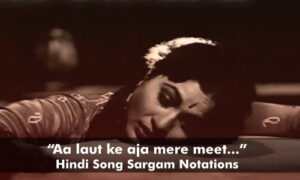
Category: Language
Discover the World of Music Through Languages on NotesAndSargam.com
Music is a universal language—but the beauty of lyrics lies in the diversity of human tongues. At NotesAndSargam.com, we celebrate this linguistic and cultural diversity through our expansive Languages section. Whether you’re a beginner on the keyboard, a casual flutist, or a seasoned guitarist, this archive is your one-stop destination to explore song notations across multiple Indian and international languages.
A Treasure Trove of Multilingual Song Notations
Our Languages archive is a curated collection of song notations from various languages like Hindi, English, Bengali, Gujarati, Marathi, Tamil, Telugu, Punjabi, Nepali, and even Sinhala. We believe that language should never be a barrier to enjoying or playing music. Each language brings its own unique flavor, rhythm, and emotional depth, and we strive to preserve that in our notations.
Whether you’re playing a soulful Bengali Rabindra Sangeet, a foot-tapping Tamil movie song, or a timeless Hindi Bollywood melody, you’ll find easy-to-follow notations tailored for self-taught and amateur musicians. Our notations are written in a simplified format that works seamlessly across various instruments—flute, harmonium, keyboard, guitar, violin, and more.
Why Explore Songs in Different Languages?
Exploring music in different languages not only enhances your repertoire but also deepens your understanding of regional musical styles, scales, and expressions. For instance:
Hindi songs offer a wide emotional range—from classical to contemporary.
English tracks bring in global pop, rock, and soul influences.
Bengali music is rich in poetry and melody, especially with Rabindra and Nazrul geet.
Marathi and Gujarati songs often reflect folk roots and cultural stories.
Tamil and Telugu compositions are known for their rhythmic intricacy and lyrical depth.
Punjabi songs come with infectious energy and strong beats.
Nepali and Sinhala tunes bring a Himalayan charm and Southeast Asian soul to the mix.
At NotesAndSargam.com, we take pride in helping users discover this diversity by offering song notations that are both accurate and accessible.
Play What You Love, in Any Language
We know that many of our visitors are self-taught musicians who rely on ear training and visual notations. That’s why every song in our Languages archive is carefully transcribed and tested by fellow music enthusiasts. Our aim is simple—to help you play the songs you love, regardless of the language they are in.
New songs are added regularly, and we also accept user requests and submissions. If there’s a song in your mother tongue that you’d love to play but can’t find notations for, let us know—we just might feature it in our upcoming updates.
Join the Multilingual Musical Journey
Whether you are looking to master a Tamil classic, hum along with a Hindi romantic tune, or try your hands on a Nepali folk melody, the Languages section at NotesAndSargam.com invites you to explore, learn, and enjoy. Dive into the archive, pick your favorite language, and let your instrument sing.


Dil to bachcha hai ji

Din dhal jaye

Do Lafzon Ki Hai

Doli me bithai ke kahar

Doraemon theme song (Hindi) Piano notes and

Doston se jhooti mooti

Dulhe Ka Sehra Suhana Lagta Hai

Dur hai kinara

Ehsaan Tera Hoga Mujh Par
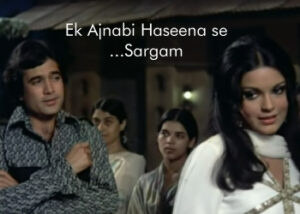
Ek Ajnabi Haseena Se

Ek daal par tota bole

Ek Ladki ko dekha to

Ek pyar ka nagma hai

Gerua (Dhoop se nikal ke)

Ghar Aaya Mera Pardesi
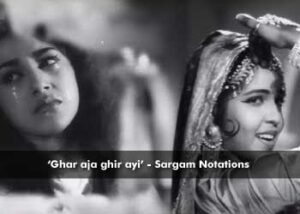
Ghar Aja Ghir Ayi

Ghar jayegi tar jayegi

Ghungroo ki tarah

Gulabi ankhen jo teri dekhi
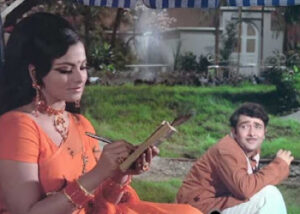
Gum hai kisi ke pyar me

Gumnam hai koi

Hai apna dil to awara
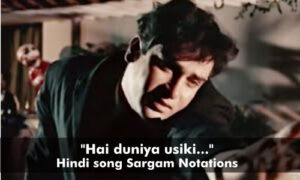
Hai duniya usiki

Hai Preet Jaha Ki Reet Sada

Hamari Adhuri Kahani (Title Song)

Hame tumse pyaar kitna

Hamesha tumko chaha

Hanuman Chalisa (Different Tune)

Hanuman Chalisa (traditional tune)

Har karam apna karenge (Aye watan tere liye)

Har kisi ko nahi milta (Do Lafz ki hai)

Hare Rama Hare Krishna (Maha Mantra)

Haste Haste Kat Jaye Raste

Hawayein (Le jaye jane kaha)

Haye mera dil churake le gaya

Hoshwalo ko khabar kya

Hothon se chhoo lo tum

Hothon se chhu lo tum

Hum Aapke Hain Kaun

Hum Bewafa Hargeez Na The

Hum dil de chuke sanam

Hum dono do premi

Hum honge kamyab

Hum rahe ya na rahe kal

Hum tere bin ab jee nahi sakte (Kyuki Tum hi ho)

Hum tere sheher me aye hai

Hum to udd gaye

Humma humma (ik ho gaye hum aur tum)

Humne dekhi hai un ankhon ki

Mor bhabona re ki haway

Nayono Sorosi Keno

O Amar Desher Maati

O go nirupama

O Mor Moyna Go
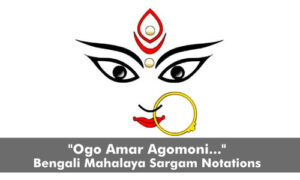
Ogo Amar Agomoni (Mahalaya)

Phagunero mohanay

Prem Jeno Ek (Prem Boro Modhur)

Preme Pora Baron

Purano shei diner kotha

Ranaar Chhutechhe

Se dino akashe

Se Prothom Prem Amar Nilanjana

Se to elona

Sei raate rat chhilo purnima

Shanti Dao Shanti Dao (Bengali Devotional Song)

Shisire Shisire Sharodo Akashe

Tomar khola haowa

Tomay hrid majhare rakhibo

Tomay porechhe mone
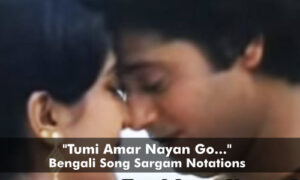
Tumi Amar Nayan Go

Tumi jake bhalobasho

Tumi Robe Nirobe
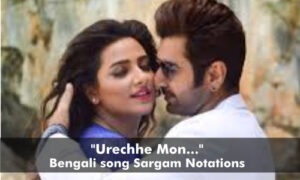
Ureche Mon

A Whole New World

By the sleepy lagoon

Country Roads Take Me Home

Green Day “Boulevard Of Broken Dreams”

I wanna be adored

Jingle Bells Piano Notes

Kya Maine Socha (One Love)

My heart is beating

My Sweet Lord

Nearer my God to Thee (Titanic)

Nothing Else Matters… (Metallica)

Show me the meaning of being lonely

Thats my name

The Fields of Athenry

The Pogues – Kitty (Album Version)

Titanic theme song

When Marimba Rhythm Starts To Play

You’ll Never Walk Alone

Mala Ved Lagle Premache (marathi song)

Mendichya Panawar

Naath ha maajha (Marathi Song)

Sairat zalaa ji

Tula paahate re

Yaad Lagla g
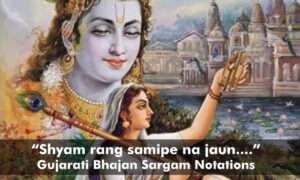
Shyam rang samipe na jau

Dil diyan gallan
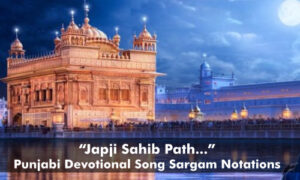
Japji Sahib Path

Je aitho kadi raavi langh jave

Mai ne main kinu aakhaan

Main tenu samjhawa ki

Pasoori

Samrath guru Sir hath dhario

Sohnea (Jinna-mera-tod-da-ae-dil)

Baanigondu Yelle Yellide

Gamanisu

Kushalave kshemave

Nee Amruthadhaare

Neene Rama Neene Shaama

Prema Chandrama

Mahishasura Mardini Stotram

Thumbi wa thumpakkudathin

Idhu Varai

Kanmani Anbodu Kadhalan

Chirunavve Visiraave

Radhaku Neevera Pranam
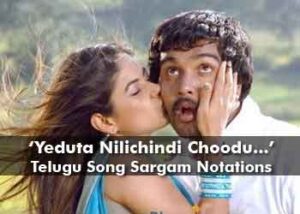
Yeduta Nilichindi Choodu

Mandwa ke kaate kaate

Chautariko Bar Pipal (Nepali Song)

Jiu Dhanai Bhake Ni (Nepali Song)

Manike Mage Hithe
- CAPITAL LETTERS = Shuddh Swars (Natural Notes)
- small letters = Komal Swars (Flat Notes)
- M with # [hash] or ^ [exponent] = Tivra Madhyam (M# / M^)
- Letter/Alphabet ONLY = Medium Pitch/Normal blow on flute
- Letter/Alphabet PRECEDED BY a ” . ” [full stop] or a ” , ” [comma] = Low Octave Note/Softer blow on flute
- Letter/Alphabet FOLLOWED BY a ‘ [single quote] = High Octave Note/harder blow on flute
- Notes in { } = “murki” have to be played very fast without any pause
- A Note in ( ) = “kann swar” has to be just touched before moving on to the next note
- A “~” between two Notes = “meend”. That is, you have to glide from one note to another slowly to produce that wavy effect.
- Few “….” (dots) after a note = Play and hold that note

